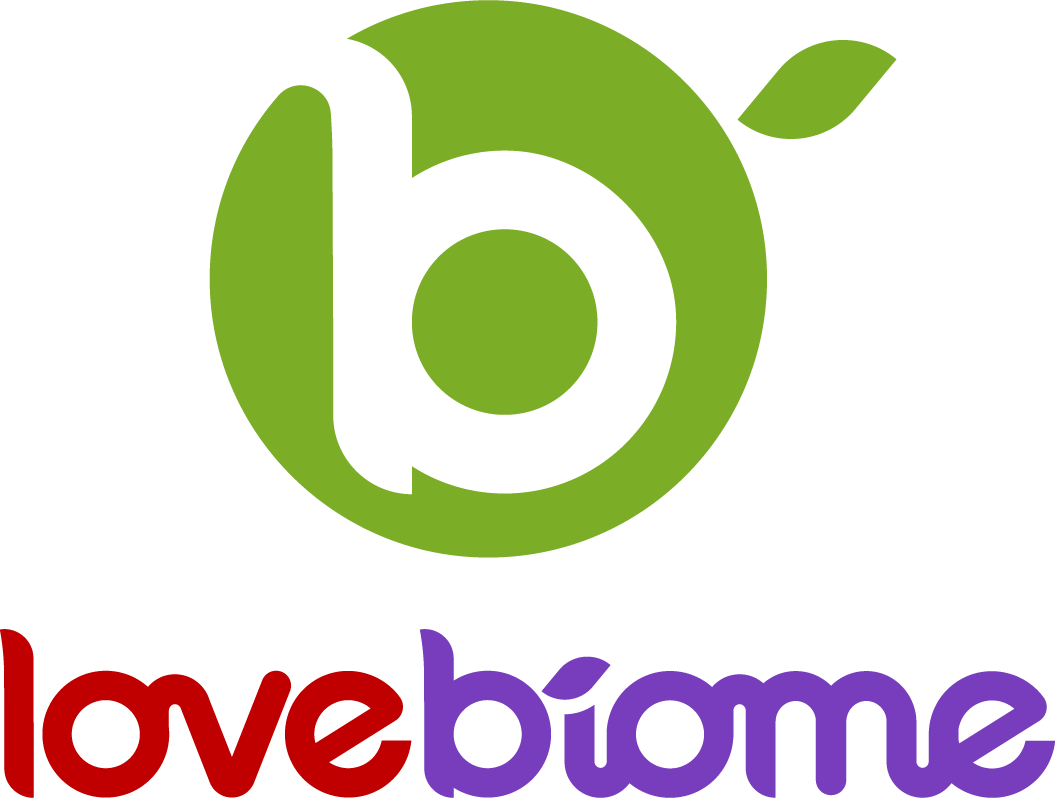Less Stress
From the First Sip Series
The LoveBiome Daily 3 System gets to work as soon as you take a sip. Over the next few months, we are going to be talking about all of the benefits that you may see with consistent use of the Daily 3 System. For more information on the From the First Sip Series, check out this blog post. Check back each Friday for a new blog that will give you a deep dive into these benefits.
In the fast-paced world we live in, stress has become an almost inevitable part of our daily lives. However, recent research has shed light on an unexpected ally in the battle against stress – our gut microbiome. The trillions of microorganisms residing in our gastrointestinal tract, collectively known as the gut microbiome, play a pivotal role in maintaining our overall well-being. Not only do these microorganisms influence our digestive health, but they also impact our mental and emotional state. In this article, we’ll delve into the fascinating world of the gut-mind connection and explore how nurturing a healthy gut microbiome can lead to reduced stress and improved mental resilience.
Understanding the Gut Microbiome
The gut microbiome is a complex ecosystem comprising bacteria, viruses, fungi, and other microorganisms. This intricate community is intricately linked to our immune system, metabolism, and even brain function. While the full extent of its influence is still being uncovered, researchers have identified a strong bidirectional communication system between the gut and the brain, known as the gut-brain axis.
The Gut-Brain Axis: A Communication Superhighway
The gut-brain axis is a dynamic network of biochemical signals and neural pathways connecting the gut and the brain. This communication allows for a continuous exchange of information, impacting various physiological and psychological processes. The vagus nerve, one of the main highways in this network, carries messages bidirectionally, allowing the gut microbiome to influence our emotional and cognitive responses.
Microbiome Diversity and Stress
A growing body of research suggests a close link between gut microbiome diversity and our ability to manage stress. A diverse microbiome is associated with better mental health outcomes and increased resilience to stressors. Conversely, a lack of diversity has been linked to conditions such as anxiety and depression.
How a Healthy Microbiome Reduces Stress
- Neurotransmitter Production: The gut microbiome contributes to the production of neurotransmitters like serotonin, dopamine, and GABA, which play a crucial role in regulating mood and stress levels.
- Inflammation Regulation: A balanced gut microbiome helps maintain a healthy level of inflammation throughout the body. Chronic inflammation is associated with increased stress and mood disorders.
- Stress Hormone Regulation: The gut microbiome influences the hypothalamic-pituitary-adrenal (HPA) axis, which controls our stress response. A healthy microbiome helps regulate the release of stress hormones like cortisol.
- Gut Barrier Integrity: A well-maintained gut lining prevents harmful substances from entering the bloodstream. An imbalanced microbiome can lead to a compromised gut barrier, triggering an immune response that affects mental well-being.
Tips for Cultivating a Healthy Microbiome
- Diverse Diet: Consume a variety of whole foods, including fiber-rich fruits, vegetables, whole grains, and fermented foods like yogurt and kimchi.
- Probiotics and Prebiotics: Incorporate foods rich in probiotics (live beneficial bacteria) and prebiotics (fiber that feeds these bacteria) to support microbial diversity. The LoveBiome Daily 3 System is a perfect blend of both probiotics and prebiotics and helps to ensure that you are getting the perfect balance you need for your microbiome.
- Manage Stress: Practice stress-reduction techniques such as meditation, deep breathing, and yoga to support both your mind and your microbiome.
- Adequate Sleep: Prioritize quality sleep, as it plays a role in maintaining a healthy gut microbiome and managing stress.
- Limit Antibiotic Use: While antibiotics are essential when medically necessary, overuse can disrupt the balance of your gut microbiome. Always consult a healthcare professional.
Conclusion
The connection between a healthy gut microbiome and reduced stress is a fascinating revelation that underscores the intricate interplay between our physical and mental well-being. By nurturing our gut microbiome through a balanced diet, stress management, and other healthy habits, we can pave the way for improved mental resilience, emotional stability, and a higher quality of life. As we continue to unlock the secrets of the gut-mind connection, it’s clear that tending to our inner ecosystem can have profound effects on our outer world.






